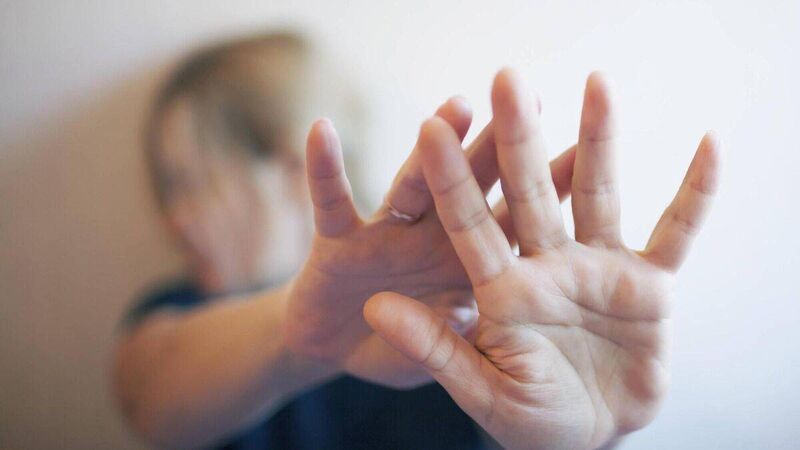Irish Examiner view: Societal cancer that is gender-based violence must be cut out

Domestic violence — and gender-based violence more widely — is a cancer. And what do you do with a cancer? You cut it out.
Try from €1.50 / week
SUBSCRIBEWe have a problem in this country with gender-based violence, and particularly violence toward women.
Even a cursory glance through the court listings, or the court reports published in this and other media outlets, show depressing levels of this abomination.
CONNECT WITH US TODAY
Be the first to know the latest news and updates
Newsletter
Sign up to the best reads of the week from irishexaminer.com selected just for you.
Newsletter
Keep up with stories of the day with our lunchtime news wrap and important breaking news alerts.
Newsletter
Sign up to the best reads of the week from irishexaminer.com selected just for you.
Thursday, February 12, 2026 - 6:00 PM
Thursday, February 12, 2026 - 10:00 PM
Thursday, February 12, 2026 - 10:00 PM
© Examiner Echo Group Limited